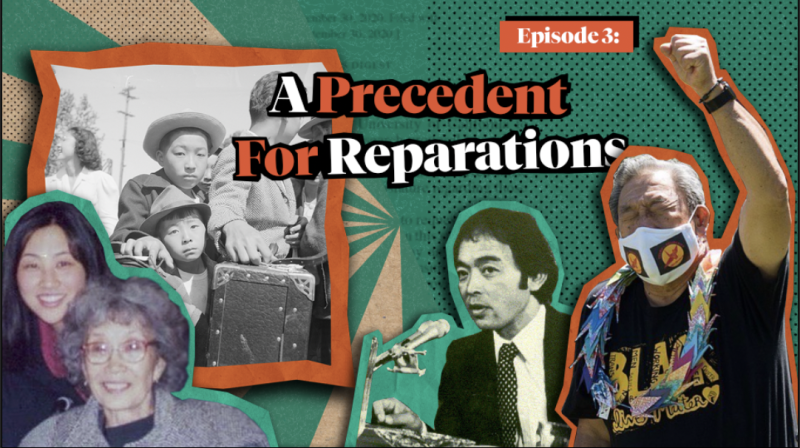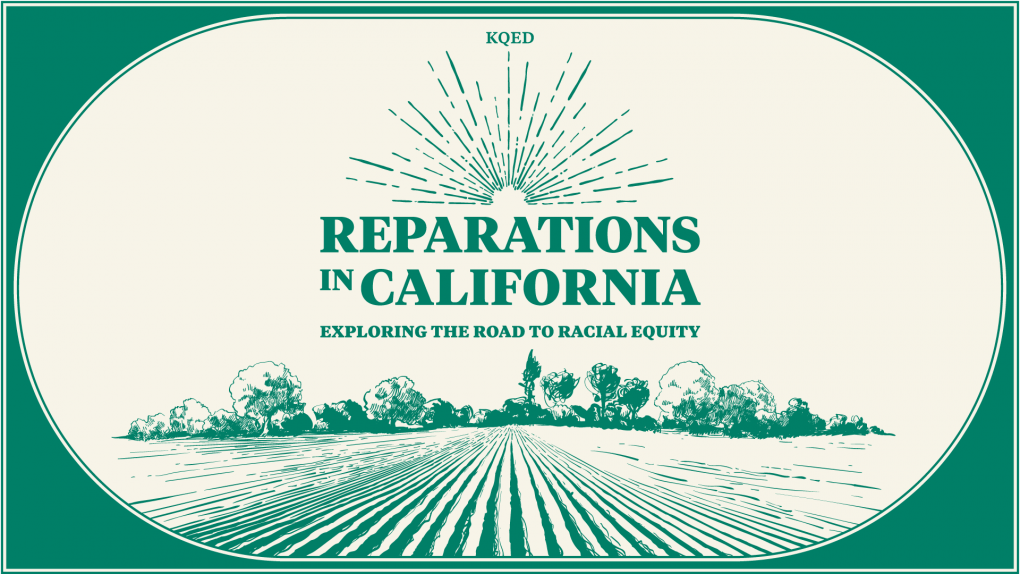“We saw ourselves as second-class citizens,” Tamaki, who was raised in Oakland, told KQED’s Annelise Finney for a story last year that marked 80 years since Japanese people were forced from their homes and imprisoned. “It wasn’t until the Black civil rights movement that our community, my father included, and others began to realize that this is not normal. This is not the way it should be. And I think that motivated him to testify.”
Tamaki’s father testified in front of a commission established to explore reparations during hearings at Golden Gate University in San Francisco in 1981. In 1988, after a two-decade drive, the Civil Liberties Act of 1988 offered an official apology and a payment of $20,000 to former detainees who were still alive.
California could pave the road for a national reparations plan for Black people — on July 1, the task force will present its recommendations to the Legislature. Last month, the group released formulas and calculations for remuneration, including up to $115,260 — or $2,352 for each year of residency between 1971 and 2020 — as compensation for mass incarceration and discriminatory policing and sentencing.
To remedy health disparities, economists working with the task force suggest $966,921 per Black Californian for “total loss in value of life due to racial discrimination.” The calculation is based on the average life expectancy for Black Californians — 71 years — multiplied by $13,619 for each year lived in the state. Based on calculations by the economists, a Black resident could receive up to $1.2 million in compensation.
John Tateishi, former executive director of the Japanese American Citizens League, the nation’s oldest and largest Asian American civil rights organization, played an influential role in the Japanese redress campaign. His family was forced from their home in Los Angeles and imprisoned at the Manzanar War Relocation Center in Southern California.
In our video, Tateishi shares why he believes reparations for Black people are important.
“When you talk about Black reparations, it’s so much more complex — the degree of damage and the harm and the legacy,” he said. “And people will say, ‘But we can’t afford it.’ And my response to that is, ‘Can we afford not to do that?’
“If you don’t correct this injustice, correct this wrong, what does that mean about us as a society and a nation and a democracy?”


